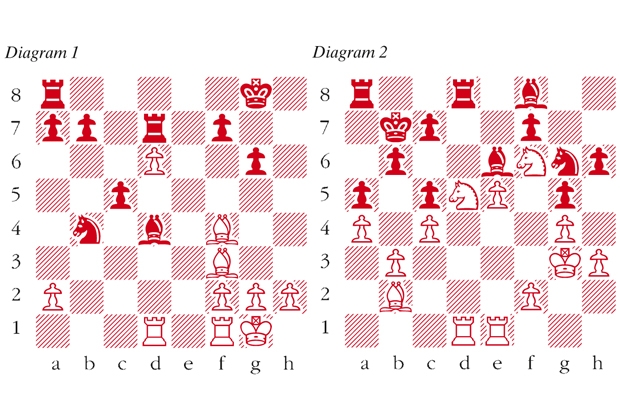The Tiger of Madras has gone the way of the sabre-toothed tiger. Viswanathan Anand, world champion from 2007 to 2013, has now suffered his second consecutive match defeat at the hands of precocious Magnus Carlsen from Norway. On Sunday night Carlsen scored his third win, which clinched the World Championship title in his favour by the overall score of 6½-4½. Anand performed better than in their clash last year but kept failing to seize his opportunities as they arose. Symptomatic was the key moment of game six, which I published in last week’s column, where Anand missed a coup with his knight which would have shaken White’s position to its foundations. A victory there for Anand would almost certainly have reversed the overall result. In the last two games it was the same: Anand establishing fine positions only to miss the coup juste.
One of the spectators at the match was the former world champion Boris Spassky, whose insights proved pertinent. Spassky is of the opinion that games between top players usually reach a point where only the right move will do and if it is missed, everything goes wrong. Shakespeare said something similar: ‘There is a tide in the affairs of men. Which, taken at the flood, leads on to fortune;/ Omitted, all the voyage of their life/ Is bound in shallows and in miseries.’ (Julius Caesar, Act IV, Scene iii).
Anand-Carlsen: World Championship, Sochi (Game 10) 2014 (see diagram 1)
Here Anand chose the defensive 24 Rd2 when the sacrificial 24 Rfe1, as proposed by Boris Spassky, would seize the open e-file and prepare to exploit White’s massive passed pawn on d6. For example 24 … Nxa2 25 Re7 Rad8 26 Bd5 and wins. Or the immediate 24 … Rad8 25 Bg4 f5 26 Be2 followed by Bc4+. In fact after 25 Bg4 Black has to sacrifice on d6 with 25 … Rxd6 26 Bxd6 Rxd6 with some possibilities to defend. As played, White’s advantage fizzled out to a quick draw.
Carlsen-Anand: World Championship, Sochi (Game 11) 2014 (see diagram 2)
23 … b5 If now 24 axb5 a4 25 bxa4 Rxa4 and 24 cxb5 c6 both give Black counterplay. Spassky has a piece of advice. ‘Two knights are often least effective when defending each other, since each knight takes away valuable squares from its counterpart.’ 24 Bc3 bxa4 25 bxa4 Kc6 26 Kf3 Rdb8 27 Ke4 Rb4 An erroneous exchange sacrifice when 27 … Rb3 would have given excellent prospects. 28 Bxb4 cxb4 29 Nh5 Kb7 30 f4 gxf4 31 Nhxf4 Nxf4 32 Nxf4 Bxc4 33 Rd7 Ra6 34 Nd5 Rc6 35 Rxf7 Bc5 36 Rxc7+ Rxc7 37 Nxc7 Kc6 For 37 … Kxc7 see today’s puzzle. 38 Nb5 Bxb5 39 axb5+ Kxb5 40 e6 b3 41 Kd3 Be7 42 h4 a4 43 g5 hxg5 44 hxg5 a3 45 Kc3 Black resigns





Comments